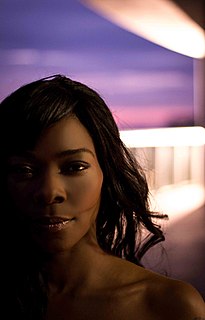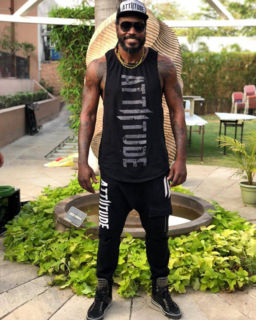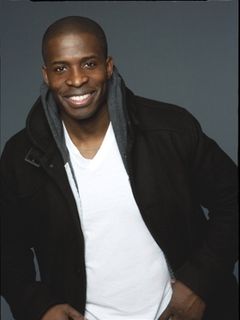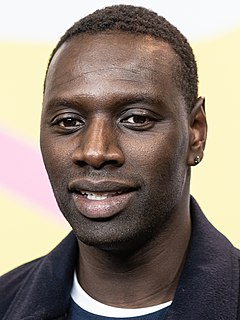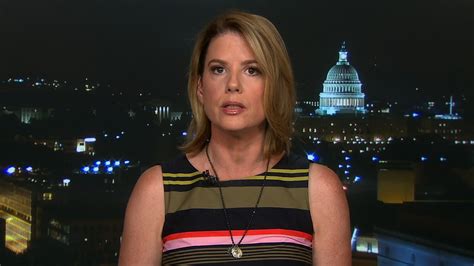A Quote by Concha Buika
I was always the only black in the movie theater, the only black in class, the only black in the library, the only black in the discotheque. I always felt observed and judged.
Related Quotes
We [Black people] have always used our creativity to battle and we're not the only ones. Black Americans are certainly leaders in that simply because we were denied education and dealt with enforced illiteracy. But people seem to always forget that literacy is not the only way of learning things or conveying knowledge.
Actually we've had a black bourgeoisie or the makings of a black bourgeoisie for many more decades.In a sense the quest for the emancipation of black people in the US has always been a quest for economic liberation which means to a certain extent that the rise of black middle class would be inevitable. What I think is different today is the lack of political connection between the black middle class and the increasing numbers of black people who are more impoverished than ever before.
I never thought about being the first black actor to win, even though everybody else talked about that. If I stop to think as a black actor, people will see me differently. If I play as a black actor, people will only see that. I think my key was to perform as an actor, not as a black actor. And after winning the Cesar, I was an actor with a Cesar. there are many more adjectives to describe who I am. I'm not only black.
There is still an assumption among many people that to be black is to be lower class. In the last fifteen to twenty years, perhaps even further back than that, there's also been an explosion of a very wealthy black class in the United States, but those people are often treated as special cases: they're athletes, entertainers. Jay-Z. Basketball players. The country metabolizes the fact these rich black people exist, but it seems only to reinforce the idea that every other black person is limping along in poverty.
The search for the new black is one of the most elusive quests known to man. It's rumored that Christopher Columbus once searched for the new black and simply gave up. Yet every season we are convinced that some magical chromatic fabric will usurp black as the king of fashion, only to realize later that black still reigns supreme.
There is an obsession with black tragedy. If you see a black movie, it's typically historical, and it tends to deal with our pain. And listen, there have been some excellent films made in that vein, and there are some painful parts of black history that should be explored, but it is kind of weird that only those films bubble up to the surface.
